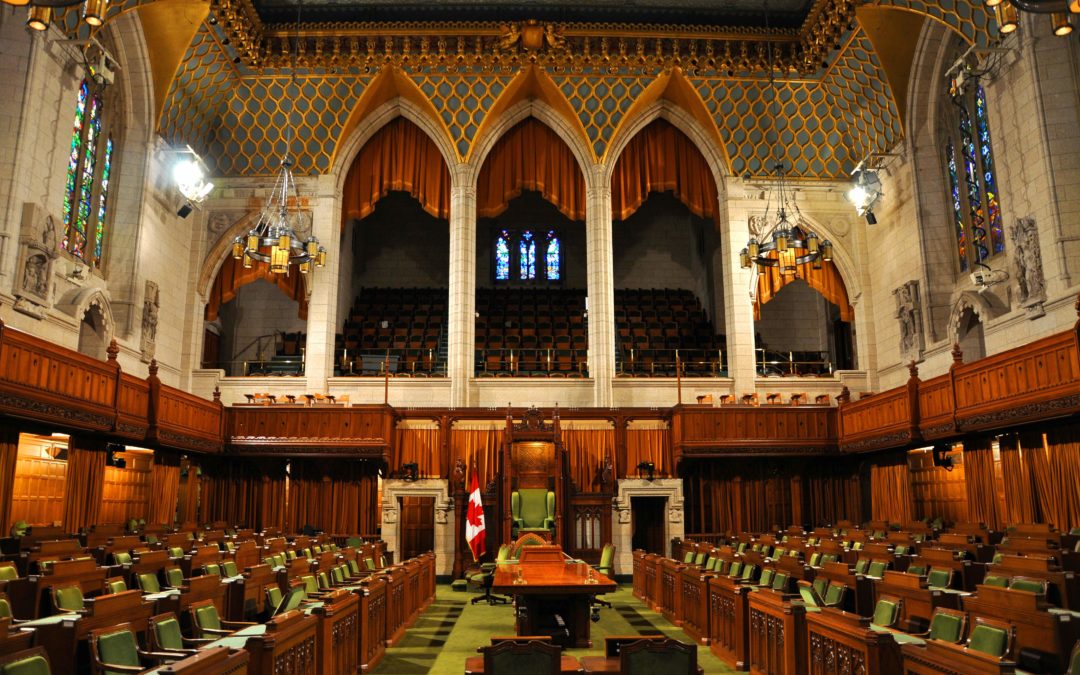January 14, 2019 — Hints at the Trudeau government’s election strategy were on display with today’s cabinet shuffle, initiated by popular veteran Scott Brison’s unexpected departure from politics last week. Prime Minister Justin Trudeau used the opening at Treasury Board to address a few challenging files and rebalance regional representation as he shifts his government to an election footing. In particular, the governing party’s focus on Quebec as a key battleground was evident with the surprise elevation of David Lametti to the important post of Attorney General and Minister of Justice.
Arguably the strongest performer in his cabinet, Jane Philpott has been tapped to fill Brison’s shoes in Treasury Board. With the election looming in October, Philpott is now responsible for ensuring that the government displays managerial competence as it delivers on its ambitious spending plans. Philpott leaves behind a strong record as the first Minister of Indigenous Services, where she set the government on track to steadily eliminate boiled water advisories on reserves and began the process of devolving responsibility for delivering health care, child welfare and education to First Nations.
Seamus O’Regan becomes the new Minister of Indigenous Services. O’Regan departs Veteran Affairs after a difficult period where he clashed with veterans’ stakeholders, giving the file a needed reset. To his credit, during his tenure at Veteran Affairs, O’Regan tackled major policies such as the Pension for Life, the new Veteran’s Service card and increased program benefits for veterans and their families. The move to Indigenous Services will be a test for O’Regan, who will need to fine-tune his skills as a communicator to engage with Indigenous communities while showcasing the government’s progress on the reconciliation file to all Canadians.
The shock move of the day is Jody Wilson-Raybould’s switch from Justice to Veterans Affairs. Wilson-Raybould leaves behind several achievements as Canada’s first Indigenous justice minister, including the reform of Canada’s assisted dying laws, the splitting of Indigenous and Northern Affairs Canada into two departments, and the legalization of cannabis. She now takes on one of the most difficult files in government, where her task will be to sell veterans on the benefits of the government’s recent reforms.
Stepping into Justice is Montreal MP David Lametti. He impressed his colleagues with his quiet performance as Parliamentary Secretary to the Minister of International Trade during the CETA, TPP and early USMCA negotiations, when he was regularly dispatched to far-flung locations around the world to put out fires on the tumultuous trade file. Originally from Ontario, Lametti had a long and distinguished legal career prior to his election in 2015, including 20 years as a law professor at McGill University. At this stage of the mandate, Lametti will be relied upon to apply his political judgement to major issues, as the government seeks to pass its justice reform bill in Parliament and stickhandle major court cases, including the high-profile carbon pricing reference cases in Saskatchewan and Ontario. In addition to firming up the Liberal government’s Quebec bench strength, Lametti is also an Italian-Canadian, a factor that should not be overlooked as the government conducts outreach to key cultural communities in the lead up to the election.
Brison’s departure left Nova Scotia without a cabinet representative, resulting in the appointment of South Shore-St. Margaret’s MP Bernadette Jordan as the new Minister of Rural Economic Development. Nova Scotia voters will scrutinize this move closely, as they expect the government to deliver for the province in exchange for their electoral support. Minister Jordan will need to give her new role profile and credibility, as she seeks to demonstrate that the government is not only focused on its urban base. Expect her to focus considerable attention of the government’s rural ridings in Atlantic Canada, with an emphasis on rural broadband internet delivery, Employment Insurance issues and the skills gap impacting Canadians across the country. Her addition to cabinet now tips the scales in favour of women for the first time ever, with 18 women at the cabinet table now outnumbering 17 men.
The cabinet shuffle sets the stage for a fractious final sitting of Parliament which will be dominated by political jockeying, high profile by-elections on February 24, and the pre-election budget likely shortly thereafter. While the Prime Minister addressed some challenging files with the shuffle, he left the core of his cabinet intact, signaling that on major ballot box issues like climate change, pipelines and immigration, the government is not changing direction. Instead, the Prime Minister is hoping to minimize distractions as he prepares to project his government’s message directly to voters.

